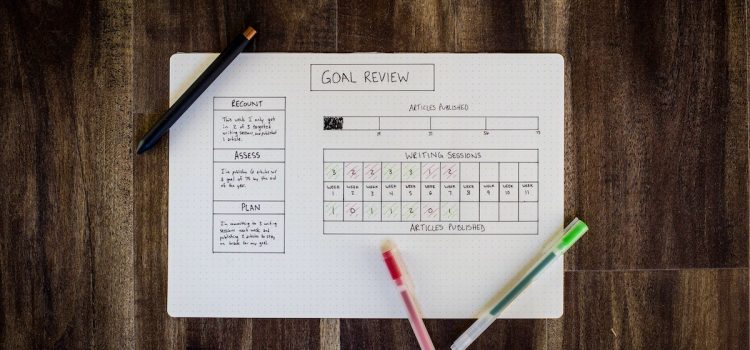How well do you predict what it will take to reach your goals? Do you give up when you fail to make the progress you expect to make? When we set goals, we also tend to set impossible expectations about reaching them. Then we get discouraged when we don’t hit certain benchmarks along the way. The tendency toward unrealistic expectations connects to a cognitive bias called the planning fallacy. Read more to learn about setting impossible expectations and the planning fallacy.
Impossible Expectations & the Planning Fallacy: How to Get Real










